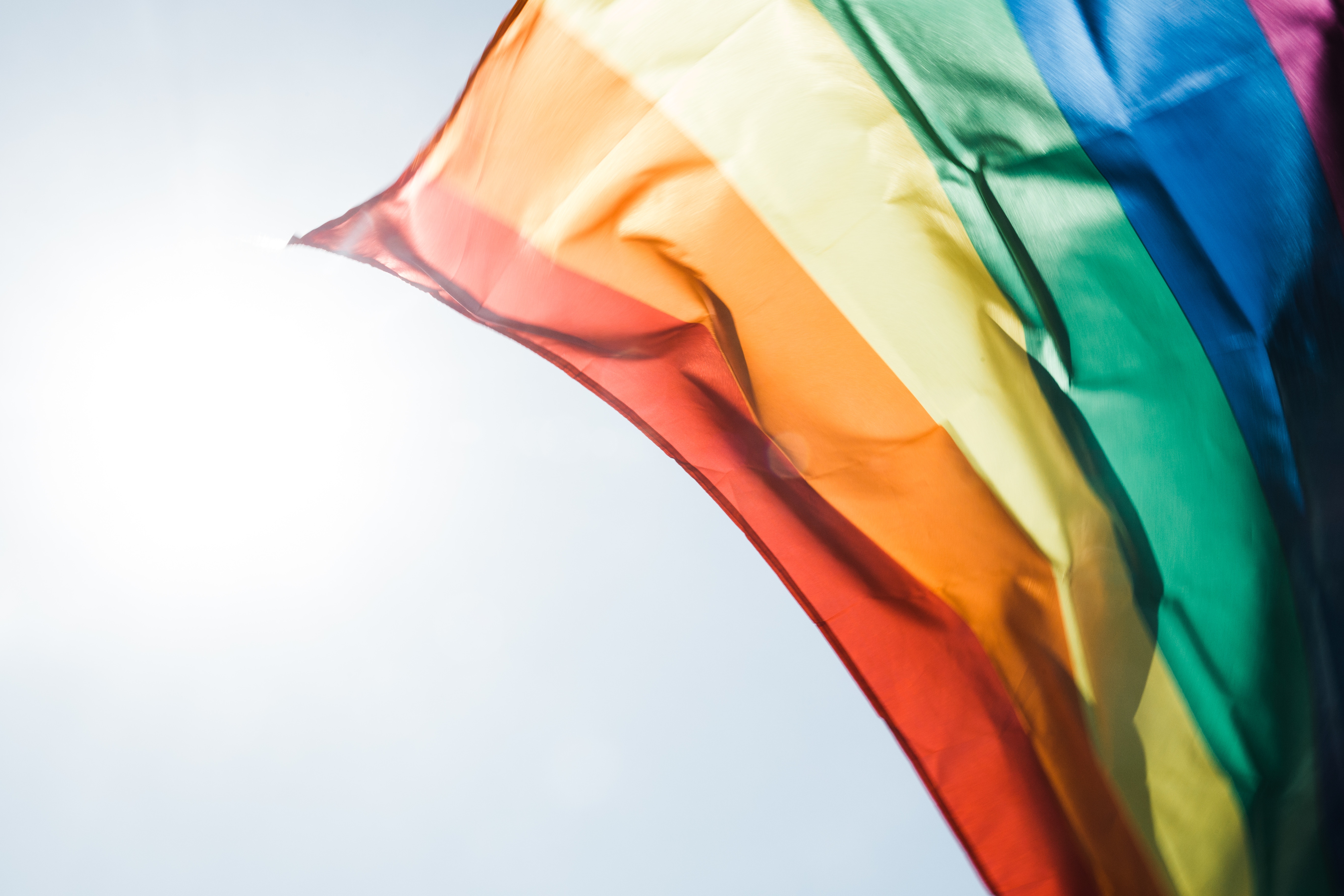With the LGBT community routinely facing harassment, imprisonment and prejudice in Bangladesh, it is not only the law that needs to change. New narratives that break pre-existing ideas of gender and sexuality are needed, and there is a group ready to tell their stories argues this Bangladesh-based LGBT activist who has chosen to remain anonymous.
In Bangladesh the threats against those from the LGBT community are real. On 25 April 2016 a group of men hacked Xulhaz Mannan, the founder of the country’s first LGBT magazine and Mahbub Rabbi Tonoy, a fellow activist to death. On a daily basis LGBT people face intimidation, harassment and prejudice.
There are many reasons for such prejudice in Bangladesh; part of the reason for it is legal. Section 57 of the Information and Communication Technology Act (2006) imposes a penalty of a minimum seven years and a maximum 14 years of imprisonment for those that publish “obscene” material that could be viewed as an ‘offence’. It also legislates for a maximum fine of Tk 1 crore for those found in violation of the law. It was this legal climate that contributed to Mannan and Tonoy’s deaths.
The ICT Act
A person updating a status on social media, writing a blog, or running a news portal therefore could be in violation of this section. Section 57 also allows a third party to file a case against a person in violation of it, meaning in essence anyone may file a case against a Facebook page or blog if they feel like the content has even a remote possibility of hurting or upsetting religious sentiments.
Although its authors may have intended for this part of the law to be used sparingly, it is now routinely used to suppress freedom of speech and harass writers, activists, and journalists – often for their comments on social media. Whilst there is talk of removing the section from the ICT Act, the draft Digital Security Act contains a very similar provision. Experts have pointed out repeatedly how removing Section 57 would be useless, if the same threats to press freedom are reintroduced through another law, which will also disproportionately penalise similar “offences.”
The LGBT community in the face of such violence and restrictive laws is stuck between a rock and a hard place. While international instruments like the International Covenant on Civil and Political Rights or the European Convention on Human Rights emphasise the freedom of expression, the queer community in Bangladesh still struggles to identify the line between independence and the possibility of committing an offence.
Legislative change is so important and we need to fight against a government who is legislating oppressively. But there is also the social fight, a fight against intolerance and discrimination, against notions of exclusion and harassment. These ideas can be changed through culture, and that begins with the introduction of new narratives, narratives from those with a different, diverse set of identities in a country where singular, binary and narrow notions of identity rule.
 Photo of Pride flag | Credit: Unsplash
Photo of Pride flag | Credit: Unsplash
Oboyob
It’s for these reasons that we at Oboyob are writing a new chapter in Bangladesh’s social history. We are a group of diverse individuals in Bangladesh working to increase awareness of the diversity of sexual and gender identities. As a virtual organisation, we aim to demonstrate how visual art can be used as advocacy campaign material. As a part of this aim, we have recently initiated a campaign called ‘Love That Connects People’ represented in a series of short stories to celebrate the love, life and worldview of queer individuals in Bangladesh. We believe this campaign will help change minds in Bangladesh by promoting a level of understanding and awareness of our community, which in Bangladesh, is desperately missing.
The book will hold many stories from people of different sexualities, gender expressions, and identities. Queerness itself is about making discoveries every day, about all the ways in which our bodies can push limits, all the ways in which we can threaten normalised oppression. These stories will be about life, and our everyday expressed by text, drawing and photography.
Identifying as Queer in Bangladesh
In Bangladeshi society, masculinity has played a big role in defining identities and is often the main influence discriminating behaviour amongst queer individuals. New stories and ideas of masculinity can help change this.
The idea of different sexual and gender identities across a diverse population has been traditionally ignored in Bangladesh. It is at last time for the country to move beyond binary ways of defining identity. When it comes to definitions, we need to understand identity in a more diverse way, meaning every individual may bear different layers of a sexual identity in different times and different contexts. People who identify as queer are more than just a statistic, or an alphabet in an acronym, or a policy, or a minority group that you place behind a comma. We are members of your community, of many large communities.
If an individual can overcome hatred and look deeply at their own identities, then every individual will be able to find a diversity of layers beneath. We hold great knowledge and have radical stories to tell. And nobody can tell these stories like we can. Over the next year, Oboyob will build this book, so our voices can be heard.
Donate to Oboyob’s fundraising campaign
This article gives the views of the author, and not the position of the South Asia @ LSE blog, nor of the London School of Economics. Please read our comments policy before posting.
The author has chosen to remain anonymous.






